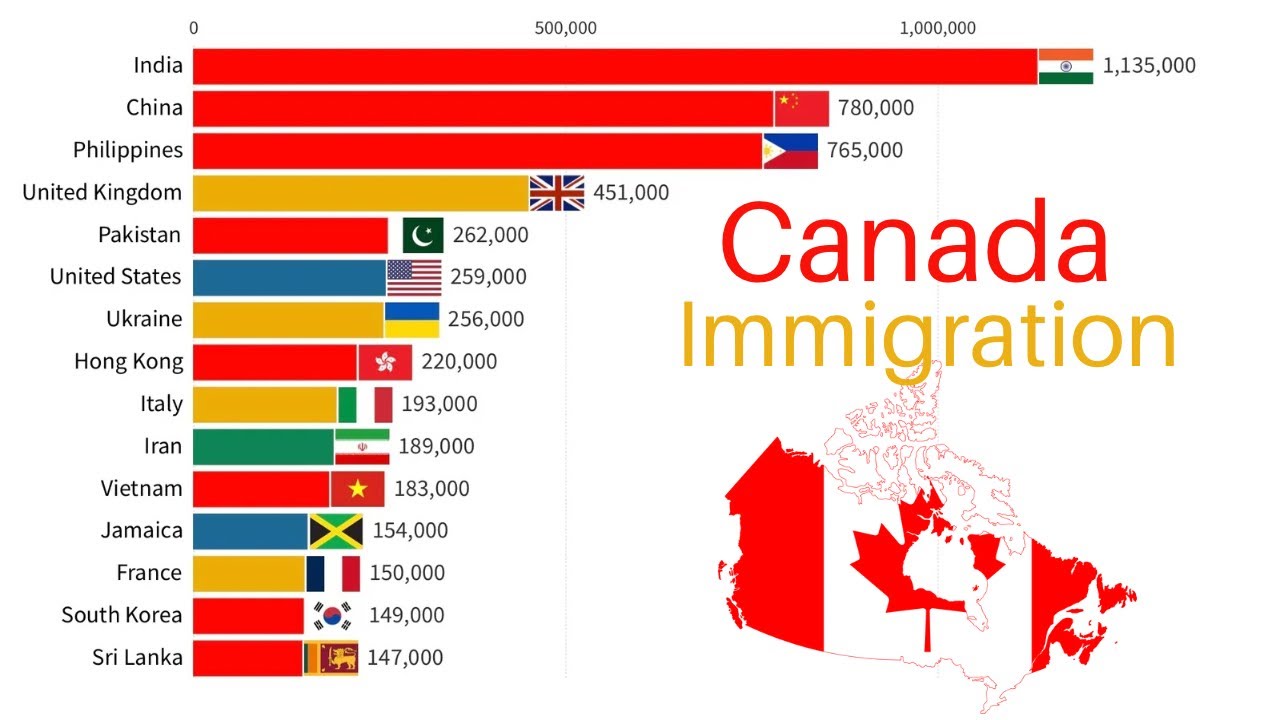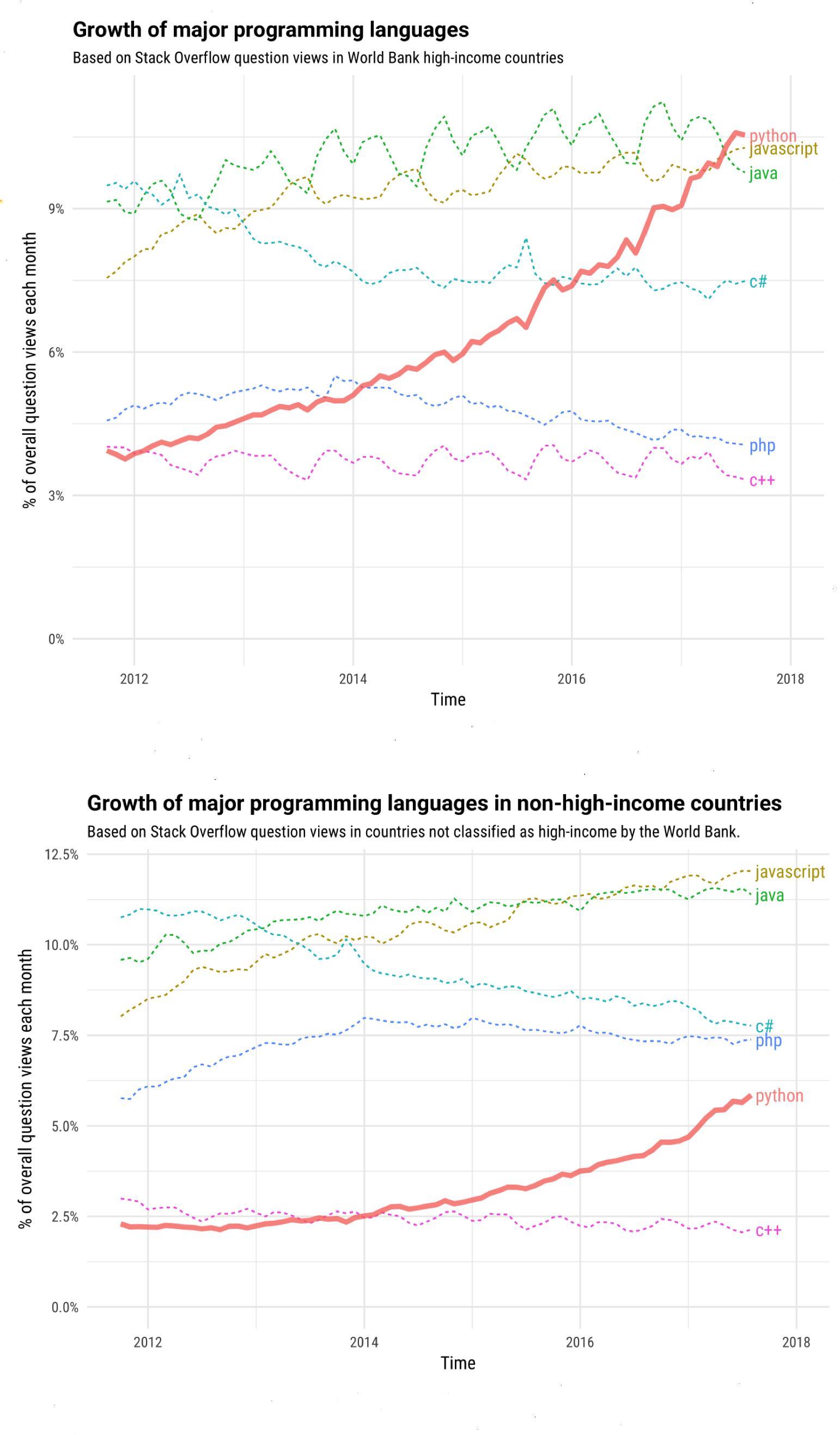
Weekly Roundup: Canada’s Immigration Policies and Python’s Ascendancy
As we delve into the latest happenings from the world of politics and technology, this week shines a spotlight on Canada’s evolving immigration policies under Prime Minister Justin Trudeau and the ongoing rise of Python as a leading programming language.
Trudeau’s Immigration Legacy: Decoding a Decade of Open-Door Policies
Since taking office in 2015, Justin Trudeau’s government has embraced immigration as a key pillar of Canada’s identity. With ambitious targets set against a backdrop of humanitarian values, Canada has positioned itself as a global leader in welcoming newcomers while navigating challenges such as the COVID-19 pandemic.
Highlights of Immigration Changes
-
Increased Immigration Levels
One of Trudeau’s notable achievements has been the increase in immigration targets, promising to welcome 300,000 newcomers per year by 2017, a figure that grew to over 401,000 by 2021, significantly enhancing Canada’s multicultural landscape. -
Refugee Resettlement Initiatives
Trudeau’s commitment to humanitarian efforts was particularly evident in 2015 when Canada pledged to resettle 25,000 Syrian refugees, fulfilling its promise ahead of schedule. This initiative exemplifies the country’s ongoing efforts to assist individuals from various conflict zones around the globe.
 Canada’s welcoming approach towards immigrants has been a hallmark of Trudeau’s administration.
Canada’s welcoming approach towards immigrants has been a hallmark of Trudeau’s administration.
-
The Express Entry System
Launched in 2015, the Express Entry system serves as a streamlined platform for skilled workers, enabling Canada to tap into global talent efficiently. -
Family Reunification and Citizenship Pathways
Enhanced chances for family reunification through the Parents and Grandparents Program, alongside significant changes to citizenship processes, demonstrate the government’s commitment to familial ties. -
Support for Temporary Workers
Recognizing the importance of temporary foreign workers, initiatives such as the Global Talent Stream have been introduced to facilitate faster immigration for high-skilled individuals. -
Adapting to COVID-19
The Trudeau government’s proactive stance during the pandemic ensured that immigration levels remained robust, incorporating virtual processing and resources for foreign workers. -
Emphasis on Diversity and Inclusion
Throughout his tenure, Trudeau has stressed the significance of inclusion, introducing programs aimed at combating discrimination and fostering immigrant integration.
As the country continues to embrace diversity, Trudeau’s immigration policies are poised to be a cornerstone of Canada’s future.
Tiobe Index: Python is the Programming Language of the Year 2024
In the ever-evolving tech landscape, the Tiobe Index has named Python as the Programming Language of the Year for 2024, marking its fourth win in the last decade. This recognition is based on Python’s significant increase in popularity, demonstrating a 9.3% rise in ratings over the past year.
Historical Context and Current Trends
A look at the Tiobe rankings over the past years reveals Python’s consistent performance:
- 2024: Python
- 2023: C#
- 2022: C++
- 2021: Python
- 2020: Python
- 2019: C
- 2018: Python
- 2017: C
- 2016: Go
- 2015: Java
Market Shifts
While Python climbs, some languages are losing ground. For instance, PHP has slipped out of the top 10, overtaken by Go, while Rust continues to gain traction. Notably, new programming languages like Zig and Mojo are nearing the top 50, indicating a shift in the programming landscape.
 The growth trajectory of Python reflects its adoption across various sectors.
The growth trajectory of Python reflects its adoption across various sectors.
In summary, Python’s rise is not only a reflection of its versatility but also highlights the shifting preferences in professional programming environments. As industries evolve, staying updated with popular tools will be crucial for developers.
Conclusion
This week’s events underline the importance of immigration policies as a means to foster diversity and inclusion in Canada, while also shining a light on Python’s continued dominance in the programming realm. As we forge ahead, these trends will undoubtedly shape our collective future in technology and societal structures.
Join the conversation on immigration and programming languages, and let’s explore how these changes impact our communities and industries alike.















